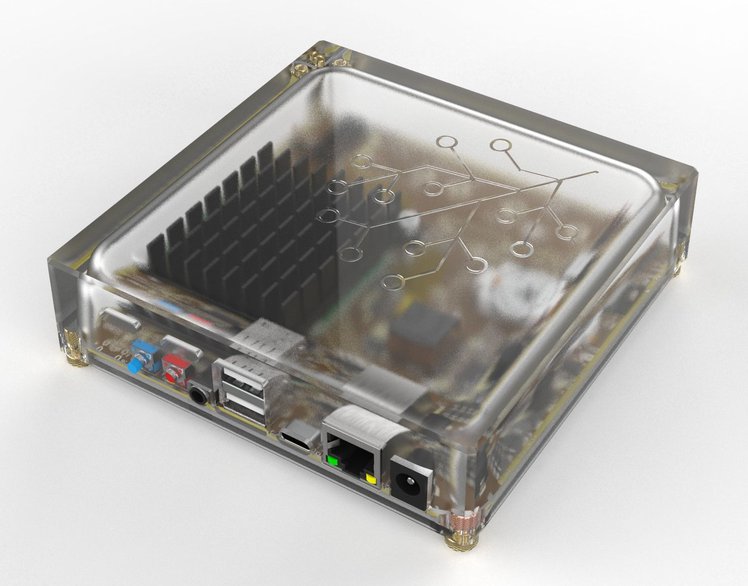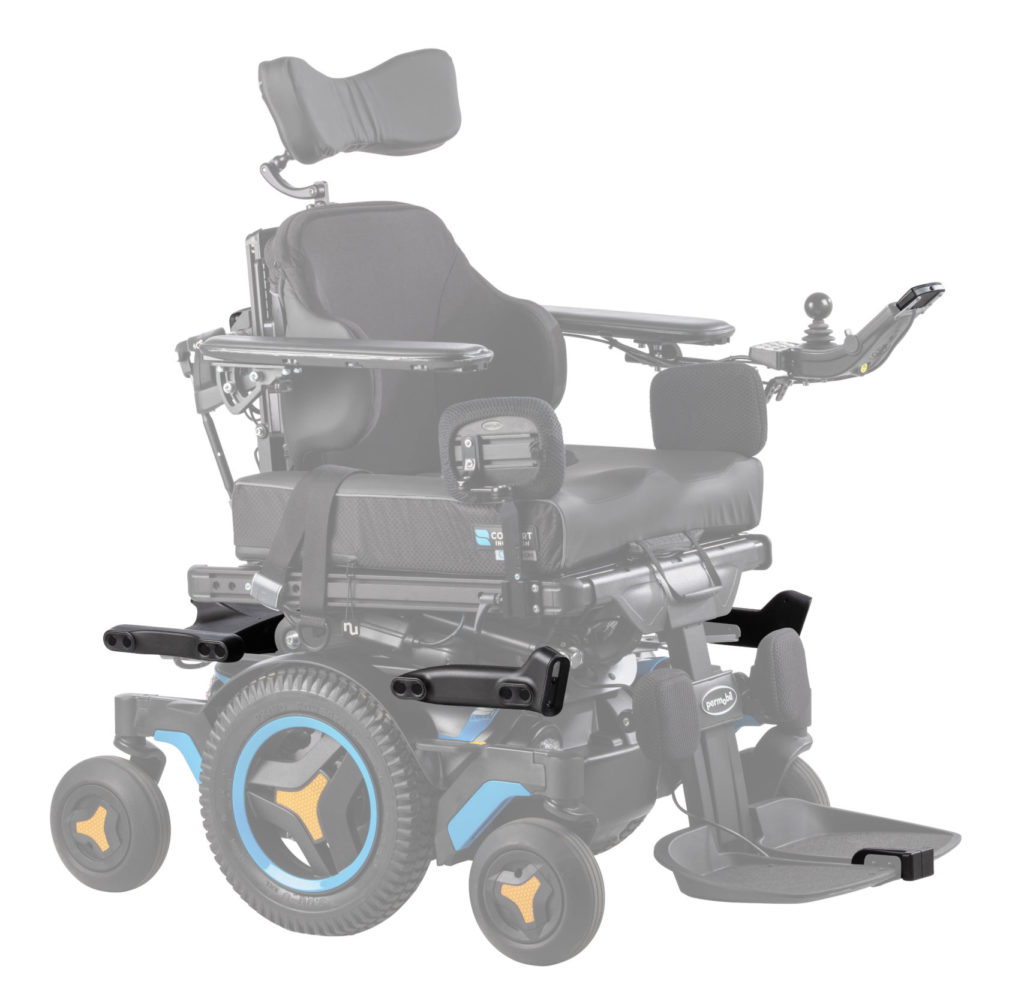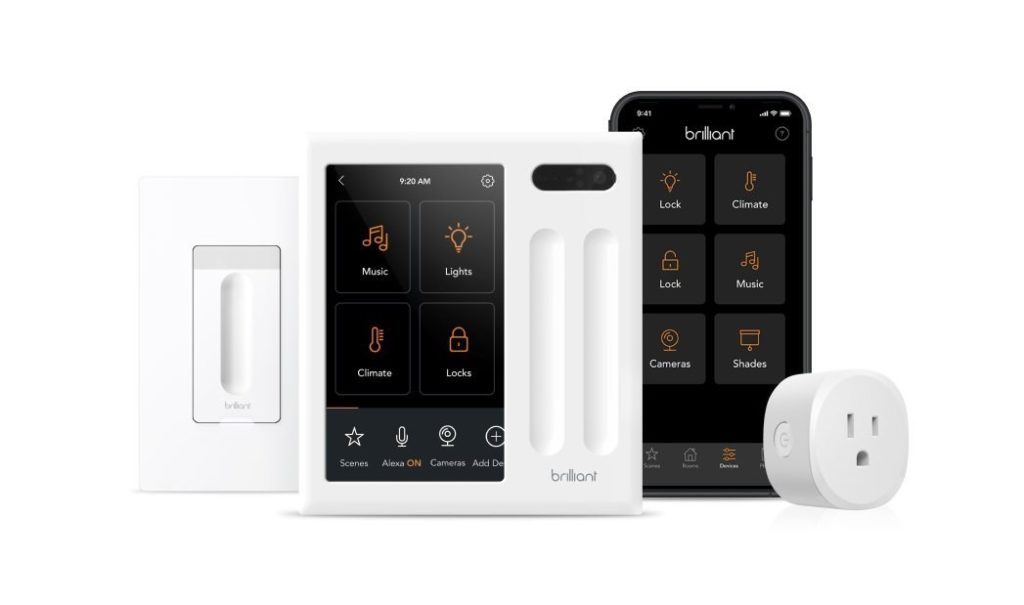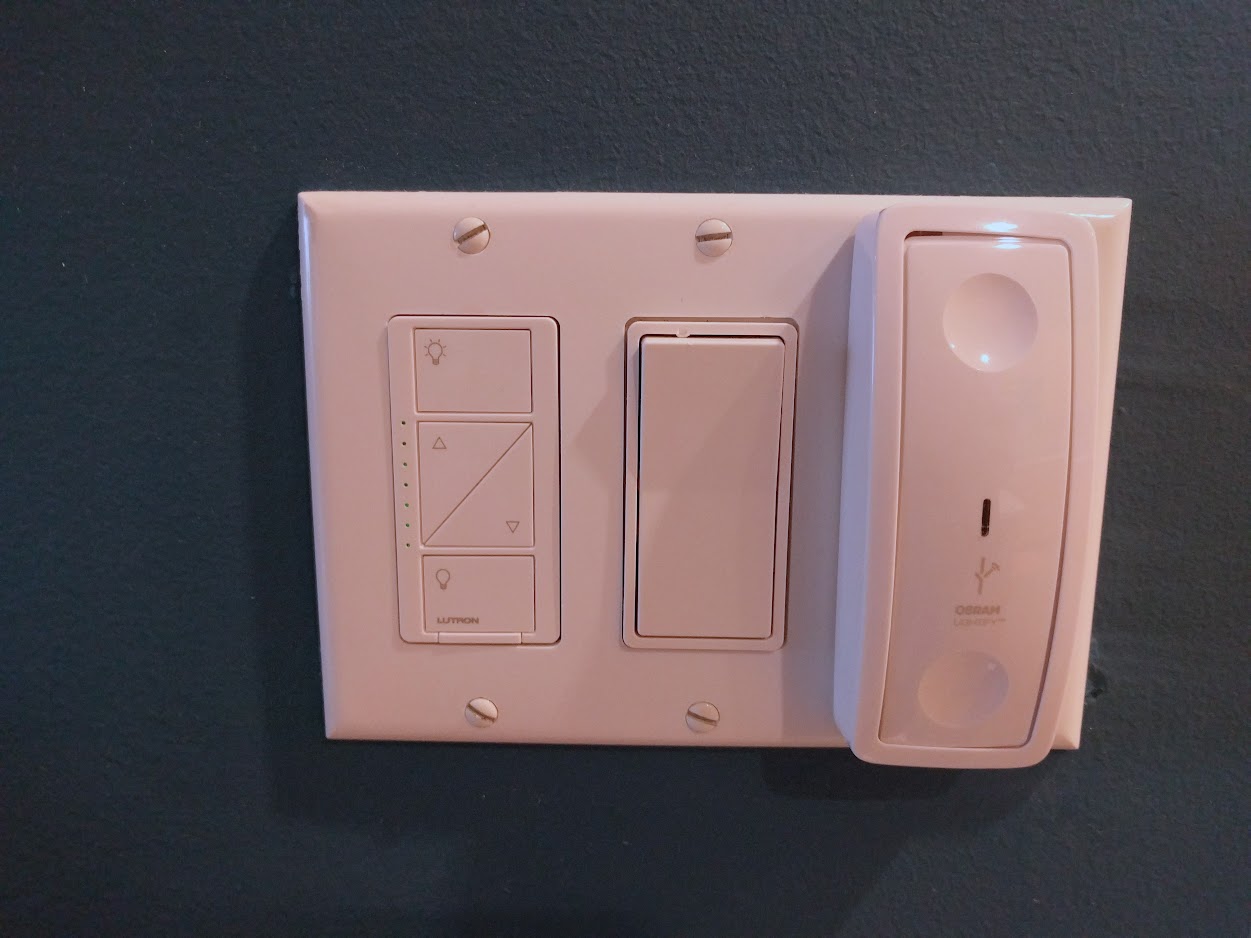This week’s podcast is all about Amazon (with a few other stories for variety). We start the show with a rundown of the devices and services Amazon launched at its device drop on Tuesday. We then explain what it means for the smart home and ask if this is what we want. We also question if the Astro robot is really all it seems before offering a public service announcement about updating to iOS 15 beta software. After that, we cover a new Helium miner called Finestra, designed for the mainstream consumer. As an added bonus, the company behind the new miner, Mimiq, is also building LoRaWAN devices, which is desperately needed if we want these networks to actually provide real value. After that, we talk about a smaller satellite signal module that works indoors and an incredibly irritating marketing campaign for the new Flic Twist device that puts me off from what is actually a good idea. Then, Kevin talks about his experience with the new Wyze Cam Pan 2. We close the news segment by answering a listener request for a Spanish-speaking smart home.
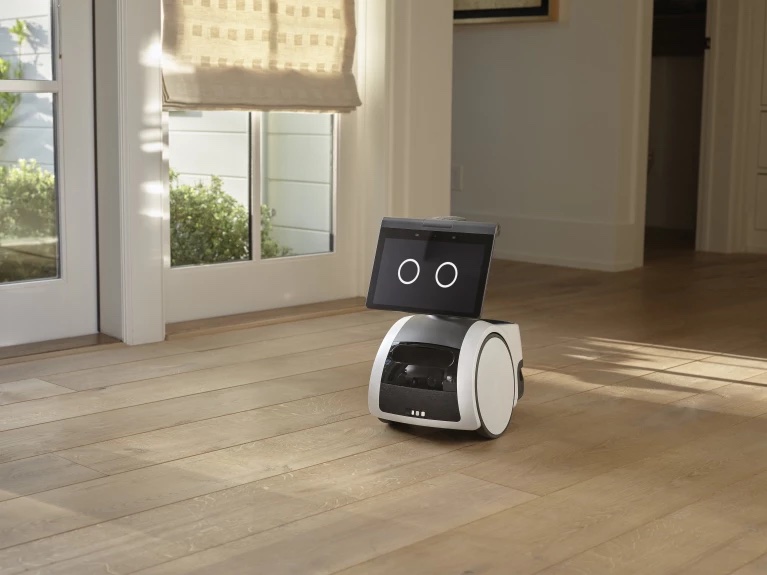
Our guest this week continues the Amazon theme. We have Anne Toth, head of Alexa Trust to discuss how Amazon is trying to introduce friction into the Alexa experience as a way to promote privacy and help consumers open up to Alexa at their own pace. She didn’t answer my question about the number of false positives or give me a convincing reason why Alexa keeps interrupting me with suggestions about other things I can do with the device, but she does a good job talking about the challenges of explaining what Alexa does and doesn’t know about people and why people may want Alexa to know more. It’s a good interview, even if I didn’t get all the information I’d like.
Hosts: Stacey Higginbotham and Kevin Tofel
Guest: Anne Toth, Head of Alexa Trust at Amazon
Sponsors: Trek10 and Ayla Networks
- Ambient intelligence is code for stop looking at your smartphone
- There’s a looming wave of new Helium miners
- Flic has a cool new device coming, but finding out about it is annoying
- Amazon does care what you think about privacy
- Alexa talks back so you know all of the cool things it can do
The post Episode 340: Amazon wants you to trust its devices appeared first on IoT Podcast - Internet of Things.
